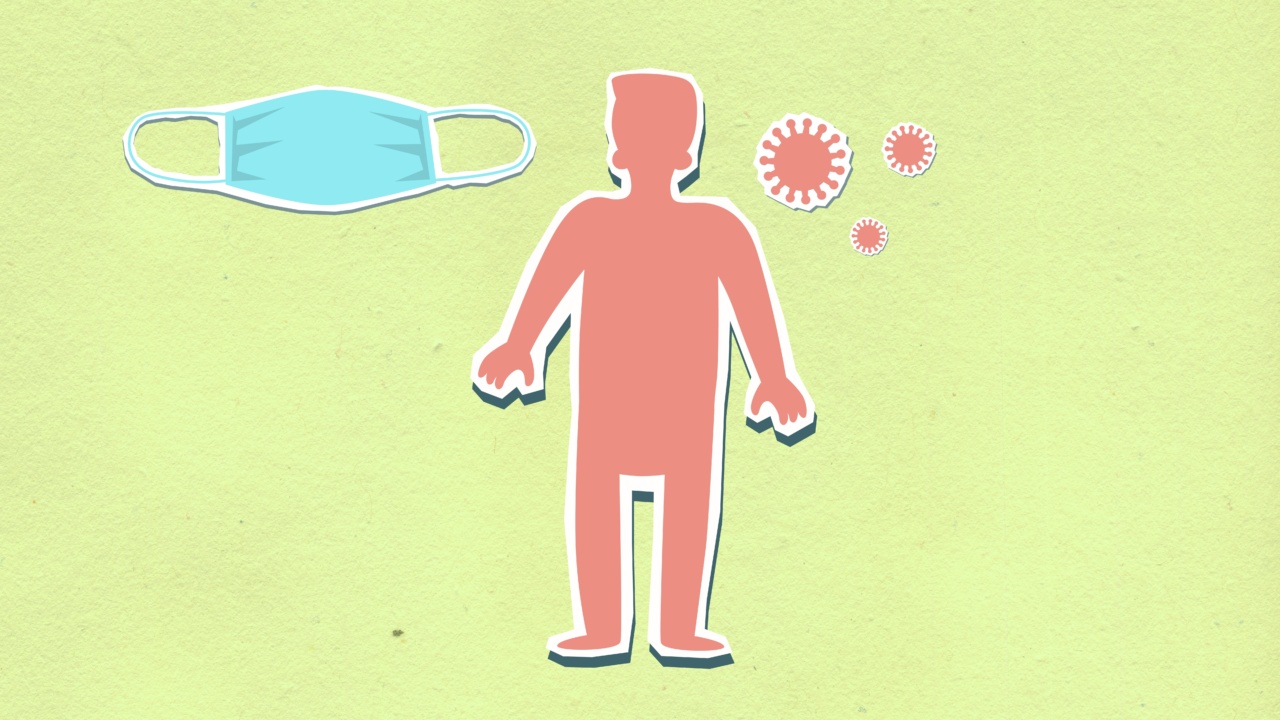Antibiotics have been hailed as one of the greatest medical breakthroughs of the 20th century, but their overuse and misuse have created a host of problems. One of the biggest issues is the emergence of antibiotic-resistant bacteria.
Another issue is that antibiotics are often prescribed for respiratory infections, even though they are not always effective. In this article, we will discuss the limits of antibiotics for respiratory infections and why you should think twice before taking them.
What are respiratory infections?
Respiratory infections are infections that affect the respiratory system, which includes the lungs, bronchi, and trachea. These infections can be caused by viruses, bacteria, or other pathogens.
The most common respiratory infections are the common cold, flu, bronchitis, and pneumonia.
Why are antibiotics prescribed for respiratory infections?
Antibiotics are prescribed for respiratory infections because they are thought to be caused by bacteria. However, the majority of respiratory infections are caused by viruses.
Antibiotics are not effective in treating viral infections, and taking them unnecessarily can lead to antibiotic resistance, side effects, and other health issues.
Antibiotic resistance
Antibiotic resistance occurs when bacteria develop the ability to resist the effects of antibiotics. This happens when antibiotics are overused or misused, which allows bacteria to adapt and become resistant.
When this happens, common infections become difficult or impossible to treat, which can lead to serious health consequences.
The downside of antibiotics
Antibiotics have some significant downsides. For example, they can cause side effects, such as diarrhea, nausea, and allergic reactions.
They can also lead to the development of antibiotic-resistant bacteria, which can make it difficult to treat infections in the future. In addition, antibiotics can wipe out the good bacteria in your gut, which can lead to other health problems.
When are antibiotics necessary?
Antibiotics are necessary when a bacterial infection is present, and the infection is causing a serious health problem. For example, if a person has pneumonia, antibiotics may be necessary to prevent serious complications.
However, in most cases of respiratory infections, antibiotics are not necessary and can cause more harm than good.
Alternatives to antibiotics
There are several alternatives to antibiotics for respiratory infections, including rest, fluids, and over-the-counter medications to manage symptoms. In some cases, natural remedies, such as honey, ginger, and garlic, may also be helpful.
Consult with a healthcare provider to determine the best course of action for your particular situation.
Preventing respiratory infections
Prevention is the best way to avoid respiratory infections. This includes practicing good hygiene, such as washing your hands frequently, covering your mouth when you cough and avoiding contact with sick people.
In addition, maintaining a healthy lifestyle through regular exercise, a healthy diet, and good sleep habits can boost your immune system and make you less susceptible to infections.
Conclusion
Antibiotics are a valuable tool for treating bacterial infections, but they are not always necessary for respiratory infections. In fact, taking antibiotics unnecessarily can lead to antibiotic resistance, side effects, and other health issues.
Remember to consult with a healthcare professional before taking antibiotics and explore alternative treatments if possible.






























